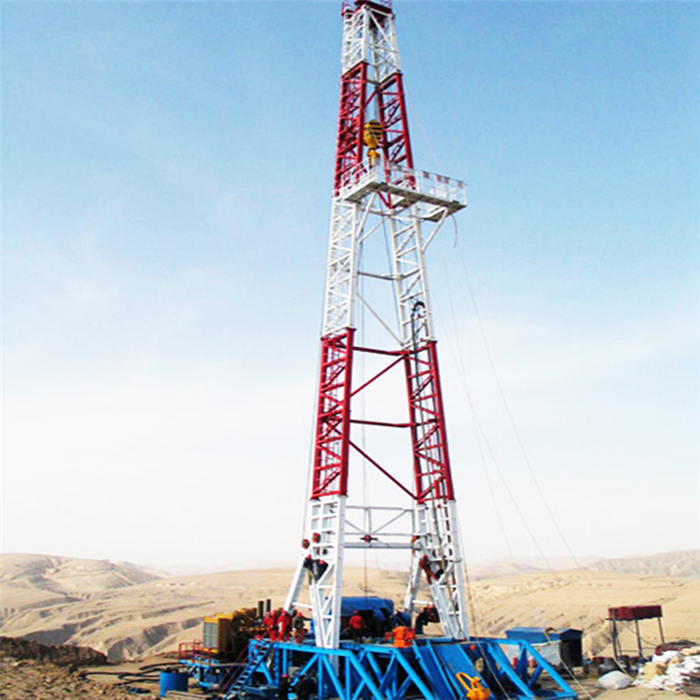Unveiling the Power of Mounted Workover Rigs: Revolutionizing Oilfield Operations
In the ever-evolving world of oilfield operations, innovation is the key to efficiency and productivity. One such innovation that has taken the industry by storm is the Mounted Workover Rig. This article will delve into the intricacies of these rigs, exploring their significance, components, operational procedures, and the transformative impact they have on the oil and gas sector.

What is a Mounted Workover Rig?
Before we dive deeper into the world of Mounted Workover Rigs, let's establish a fundamental understanding of what they are. A Mounted Workover Rig, often referred to as a "workover unit," is a specialized piece of equipment designed for maintenance and intervention in oil and gas wells. These rigs are mounted on trucks or trailers, making them highly mobile and versatile.
The Anatomy of a Mounted Workover Rig
1. Mast and Derrick
Mounted Workover Rigs are equipped with a sturdy mast or derrick. This towering structure provides the necessary support and stability for various operations.
2. Drawworks
The heart of the rig, the drawworks, is responsible for hoisting and lowering tools and equipment into the wellbore. It operates through a system of cables and pulleys.
3. Power System
Mounted Workover Rigs are powered by engines, typically diesel, which provide the energy required to operate the rig's various components.
4. Control Cabin
A control cabin is where the rig operator manages and monitors the rig's functions. Advanced technology and instrumentation are often found in these cabins.
The Versatility of Mounted Workover Rigs
Mounted Workover Rigs are not confined to a single task. Their versatility shines through in a range of operations, including:
1. Well Maintenance
Workover rigs are essential for routine maintenance tasks such as cleaning, perforating, and repairing well casings.
2. Plug and Abandonment
When a well reaches the end of its productive life, workover rigs assist in plugging and abandoning it safely and efficiently.
3. Production Enhancement
These rigs are employed to enhance well production, often through methods like hydraulic fracturing and acidizing.
Advantages of Mounted Workover Rigs
1. Mobility
Mounted on Truck Mounted Workover Rig or trailers, these rigs can be easily transported to different well locations, reducing downtime.
2. Cost-Effective
Compared to traditional drilling rigs, workover units are a cost-effective solution for well intervention and maintenance.
3. Environmental Benefits
The precise operations of workover rigs lead to reduced environmental impact, minimizing waste and emissions.
Transforming the Oilfield Landscape
Mounted Workover Rigs have ushered in a new era of efficiency and productivity in the oil and gas industry. Their ability to swiftly adapt to various tasks and their cost-effectiveness have made them indispensable tools for operators worldwide.
Conclusion
As the oil and gas industry continues to evolve, Mounted Workover Rigs stand as a testament to human ingenuity. Their mobility, versatility, and cost-effectiveness have made them a cornerstone of modern well intervention and maintenance. With these rigs at their disposal, oilfield operators can look forward to a future of increased efficiency and reduced environmental impact.
评论
发表评论